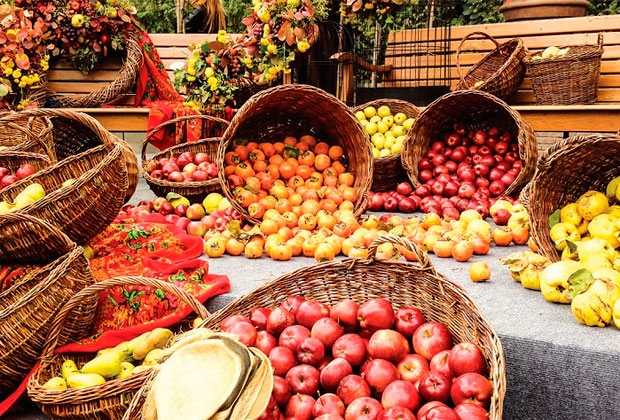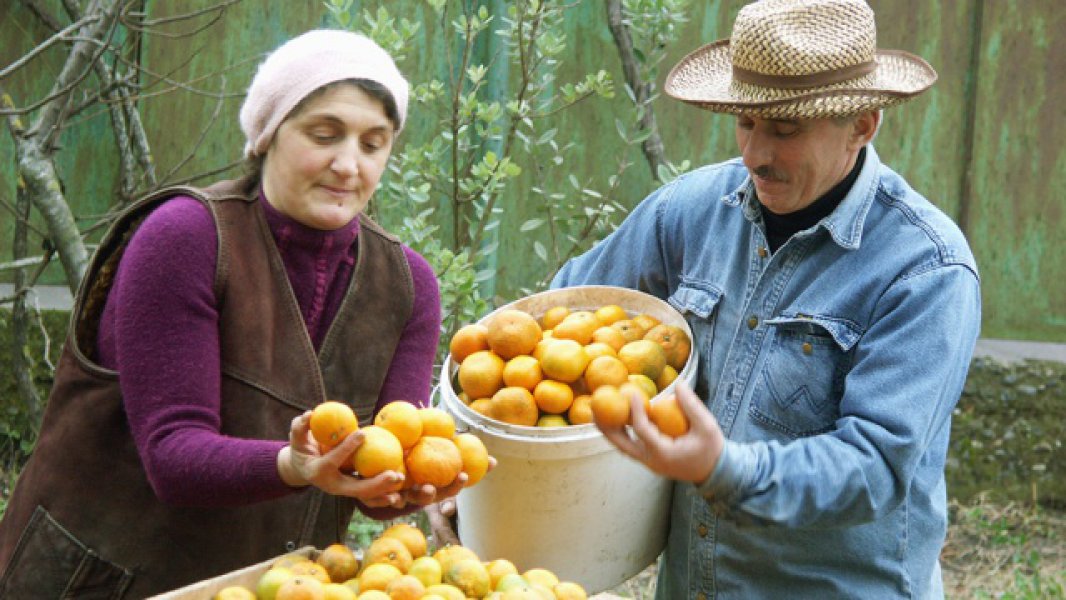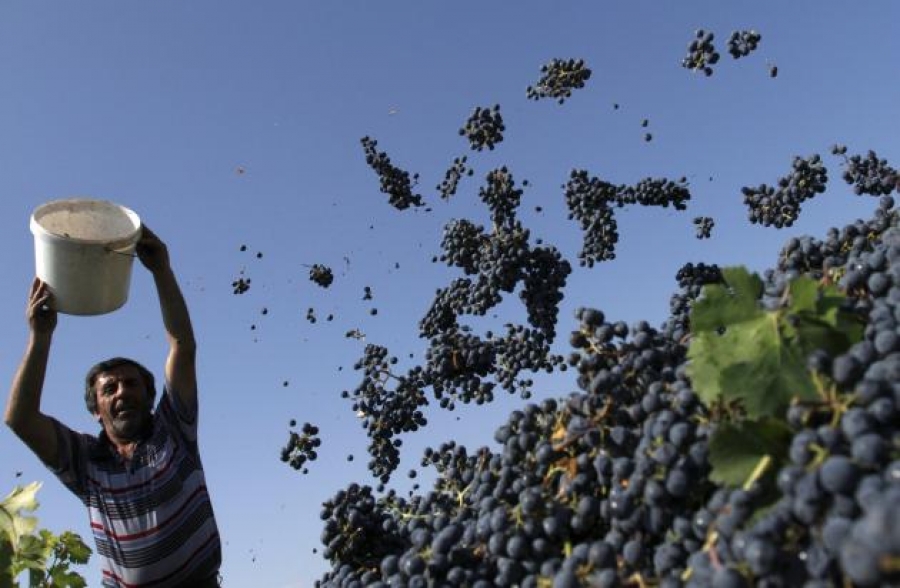A year has passed since the Agreement on the Deep and Comprehensive Free Trade Area with the EU came into force. The document is a part of the Association Agreement between Georgia and the EU. It requires the elimination of customs duties and any quotas on all products, except for garlic. It is difficult to understand why the EU has chosen garlic; however, it is only an unfortunate trifle. The much more important and sadder thing is that according to Georgian Statistics, in the first half of 2015 Georgian exports to the EU countries reduced by 0.4%, while imports increased by 3%. The figures show that Georgia hasn’t won anything from DCFTA, but European producers benefited a little from the elimination of customs barriers on the way to Georgian markets.
Many people hoped for a great growth of exports, promising Georgian producers to tap the “golden” EU market soon. “The 500-million market is open for you,” could be heard from top officials during the ceremony of signing the “historic” association agreement with Europe.
What prevents the conversion of these ideas into euros? Why are exports reducing, worsening the disastrous trade surplus of Georgia? The reason is simple: the hope of opening the European market to Georgian goods was a sweet illusion from the very beginning. Not only ordinary citizens, but also top politicians who didn’t understand all the complicated details of European foreign economic policy were living with the illusion.
At first sight, DCFTA is simple and clear: the sides eliminate customs duties and do not launch them, no matter what is happening. However, the document has a hidden, but important proviso: “The EU still has a right to introduce a payment for access to the market for some goods made in Georgia.” The tax is not called “a customs duty”, but does a name really matter?
Now, let’s analyze what goods are additionally taxed: grape, fruits, vegetables, meat, milk, cheese, i.e. everything that Georgia can really export to the EU. Moreover, the tax is implemented only by one side: according to DCFTA, Georgia has no right to take similar actions against even a short list of European products.

If it means equal rights, with all due respect to the EU, we have to correct some notions, according to Orwell’s lexicon in which “Peace is war” and so on.
However, even if there was no such a proviso in the agreement (even though European bureaucrats always try to protect their producers), Georgian farmers would hardly use the privilege of exporters to the rich European market.
It is not enough to harvest natural and tasty fruits and vegetables. There are many regulations which have nothing in common with the customs duties formally, but they are obstacles to exports no less than financial barriers.
Here is a classic example. The late businessman and reformer Kakha Bendukidze complained about “stupid” (according to him) European regulations which regulate even a form of cucumbers which are sold in groceries. “You have many times been to Paris, London, Berlin. Have you ever seen in their grocery stores cucumbers of various forms, which is typical for our country?” Bendukidze asked a journalist, replying to the question why he believed that the EU was “a bureaucratically regulated entity.
 ”
”
How can Georgian farmers make their cucumbers’ form right, if they have no corresponding technologies? And if they achieve the right form, this cucumber will cost too much, considering transport expenditures.
But still this is not the main problem. The main difficulty is about marketing. First of all, the products are unfamiliar. Secondly, their packaging must be of “European type and quality,” i.e. if it doesn’t look right, it won’t cross the border without any customs duties. Thirdly, there is no access to European retail networks. Grocery stores prefer not to deal with fruits and vegetables from a distant unknown country, about which few people know in Europe.
The owners and managers of European retail networks have their own reliable and well-known producers. Nobody will take a risk and sell new products just because they are a bit cheaper. If the consumers get sick of it, it will mean the collapse of the business and troubles for many years.
Therefore, if Georgia theoretically gains access to the European market with traditional agricultural products, it will happen only after many years of intensive advertising and hard work with local retailers.
Moreover, nobody even mentions mineral water and wines. Kindzmarauli will never compete with Bordeaux, or Borzhomi with Evian.

There is the only hope that Georgians will learn to produce high-tech goods someday, getting rid of its 'wine-tangerine dependence', and the future generation of Georgian politicians will manage to convince European bureaucrats not to implement “payment for access to the market” for computers and mobile phones made in Georgia.






